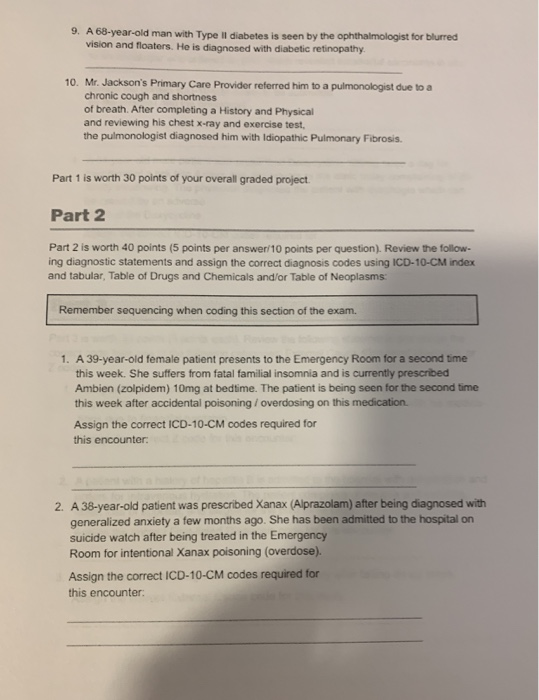 Solved Part 1 Is Worth 30 Points 3 Points Each Review
Solved Part 1 Is Worth 30 Points 3 Points Each Review
2020 ICD-10-CM Diagnosis Code F95.0
- 2016 2017 2018 2019 2020 Billable/Specific Code
- F95.0 is a billable/specific ICD-10-CM code that can be used to indicate a diagnosis for reimbursement purposes.
- The 2020 edition of ICD-10-CM F95.0 became effective on October 1, 2019.
- This is the American ICD-10-CM version of F95.0 - other international versions of ICD-10 F95.0 may differ.
Applicable To
Annotation Back-References
In this context, annotation back-references refer to codes that contain:
- Applicable To annotations, or
- Code Also annotations, or
- Code First annotations, or
- Excludes1 annotations, or
- Excludes2 annotations, or
- Includes annotations, or
- Note annotations, or
- Use Additional annotations
- F01-F99
2020 ICD-10-CM Range F01-F99
Mental, Behavioral and Neurodevelopmental disorders
Mental, Behavioral and Neurodevelopmental disordersIncludes- disorders of psychological development
Type 2 Excludes- symptoms, signs and abnormal clinical laboratory findings, not elsewhere classified (R00-R99)
- F90-F98
2020 ICD-10-CM Range F90-F98
Behavioral and emotional disorders with onset usually occurring in childhood and adolescence
Behavioral and emotional disorders with onset usually occurring in childhood and adolescenceNote- Codes within categories F90-F98 may be used regardless of the age of a patient. These disorders generally have onset within the childhood or adolescent years, but may continue throughout life or not be diagnosed until adulthood
- Recurrent transient tic disorder
- Tic disorder, childhood, transient
- Tic disorder, transient
- Tic disorder, transient, recurrent
- Tic, transient childhood
- Transient childhood tic
- 091 Other disorders of nervous system with mcc
- 092 Other disorders of nervous system with cc
- 093 Other disorders of nervous system without cc/mcc
Convert F95.0 to ICD-9-CM
Code History- 2016 (effective 10/1/2015): New code (first year of non-draft ICD-10-CM)
- 2017 (effective 10/1/2016): No change
- 2018 (effective 10/1/2017): No change
- 2019 (effective 10/1/2018): No change
- 2020 (effective 10/1/2019): No change
- Problem (with) (related to)
- Tic (disorder) F95.9
ICD-10-CM Diagnosis Code F95.9
- 2016 2017 2018 2019 2020 Billable/Specific Code
Applicable To
- disorder
- orbicularis F95.8
ICD-10-CM Diagnosis Code F95.8
Other tic disorders
- 2016 2017 2018 2019 2020 Billable/Specific Code
- child problem F95.0
- lid, transient of childhood F95.0
- provisional F95.0
ICD-10-CM Codes Adjacent To F95.0
F93.0 Separation anxiety disorder of childhood
F93.8 Other childhood emotional disorders
F93.9 Childhood emotional disorder, unspecified
F94.0 Selective mutism
F94.1 Reactive attachment disorder of childhood
F94.2 Disinhibited attachment disorder of childhood
F94.8 Other childhood disorders of social functioning
F94.9 Childhood disorder of social functioning, unspecified
F95.0 Transient tic disorder
F95.1 Chronic motor or vocal tic disorder
F95.2 Tourette's disorder
F95.8 Other tic disorders
F95.9 Tic disorder, unspecified
F98.0 Enuresis not due to a substance or known physiological condition
F98.1 Encopresis not due to a substance or known physiological condition
F98.2 Other feeding disorders of infancy and childhood
F98.21 Rumination disorder of infancy
F98.29 Other feeding disorders of infancy and early childhood
Reimbursement claims with a date of service on or after October 1, 2015 require the use of ICD-10-CM codes.
Gallery Icd 10 Tic Facialis
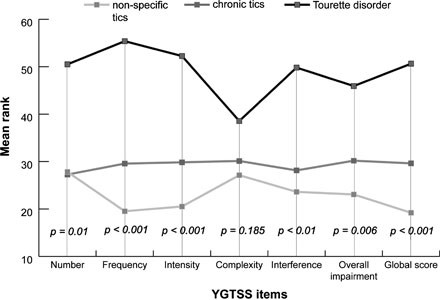 Prevalence Of Tic Disorders Among Schoolchildren In Warsaw
Prevalence Of Tic Disorders Among Schoolchildren In Warsaw
 Definition And Dsm 5 Classification Tic Disorders
Definition And Dsm 5 Classification Tic Disorders
 Facial Cellulitis Causes Symptoms Treatment Icd 10
Facial Cellulitis Causes Symptoms Treatment Icd 10
Guide For Icd 10 S And Ambulance Services
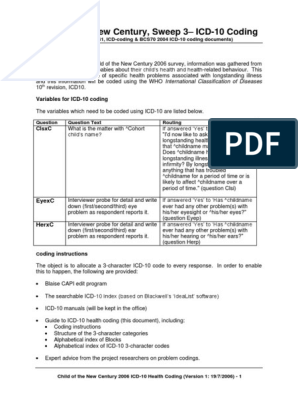
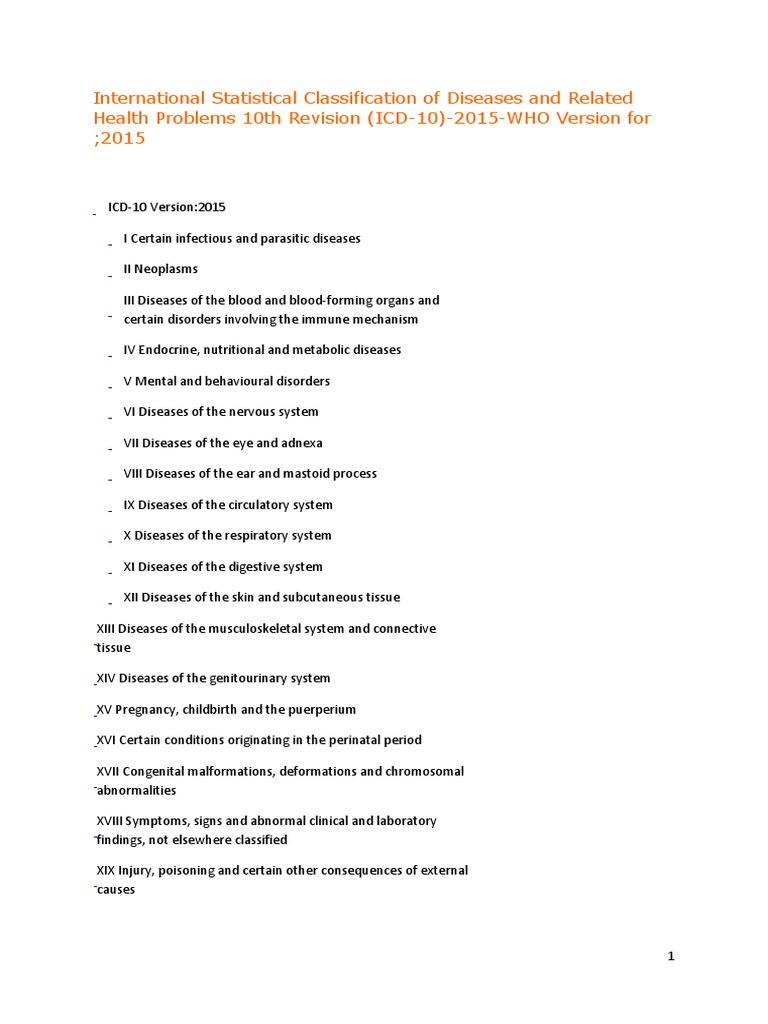
Icd 10 Mortality 2e Volume1 2017
Encephalopathy And Other Brain Diseases
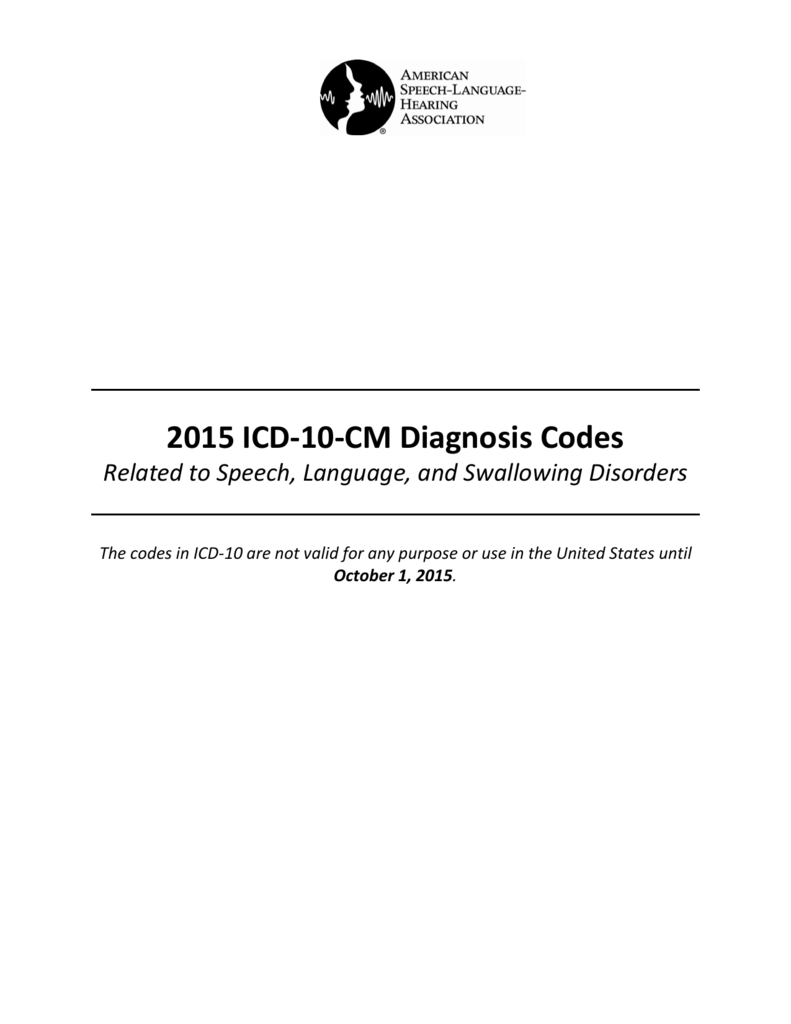 2015 Icd 10 Cm Diagnosis Codes For Slp
2015 Icd 10 Cm Diagnosis Codes For Slp
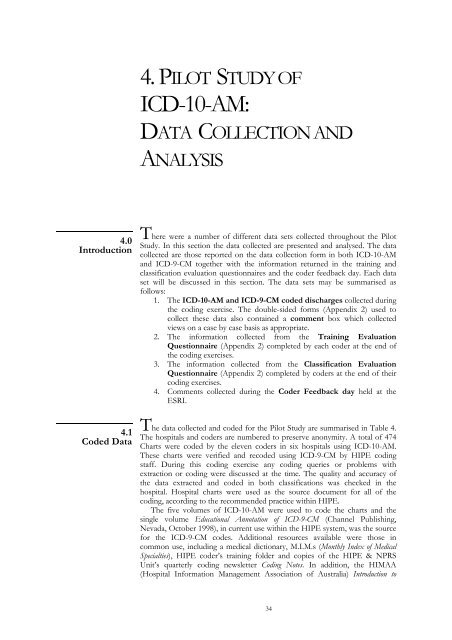 4 Pilot Study Of Icd 10 Am Data Collection And Analysis Esri
4 Pilot Study Of Icd 10 Am Data Collection And Analysis Esri
 Tips On Tics Mdedge Pediatrics
Tips On Tics Mdedge Pediatrics
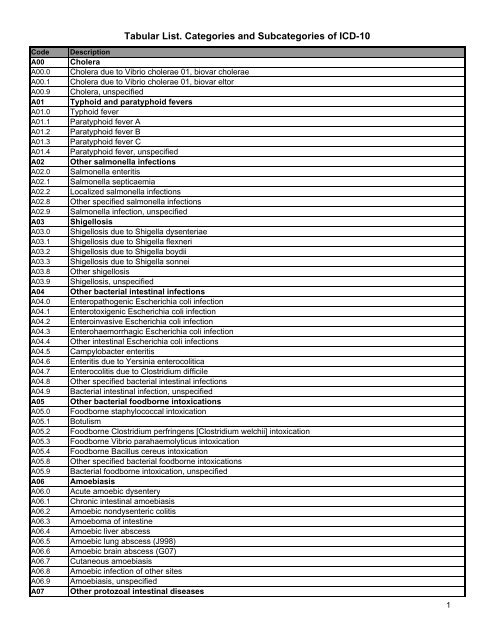 Tabular List Categories And Subcategories Of Icd 10
Tabular List Categories And Subcategories Of Icd 10
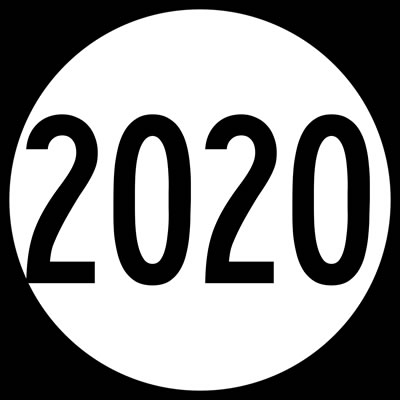 Featured Article Icd 10 Cm Official Guidelines For Coding
Featured Article Icd 10 Cm Official Guidelines For Coding
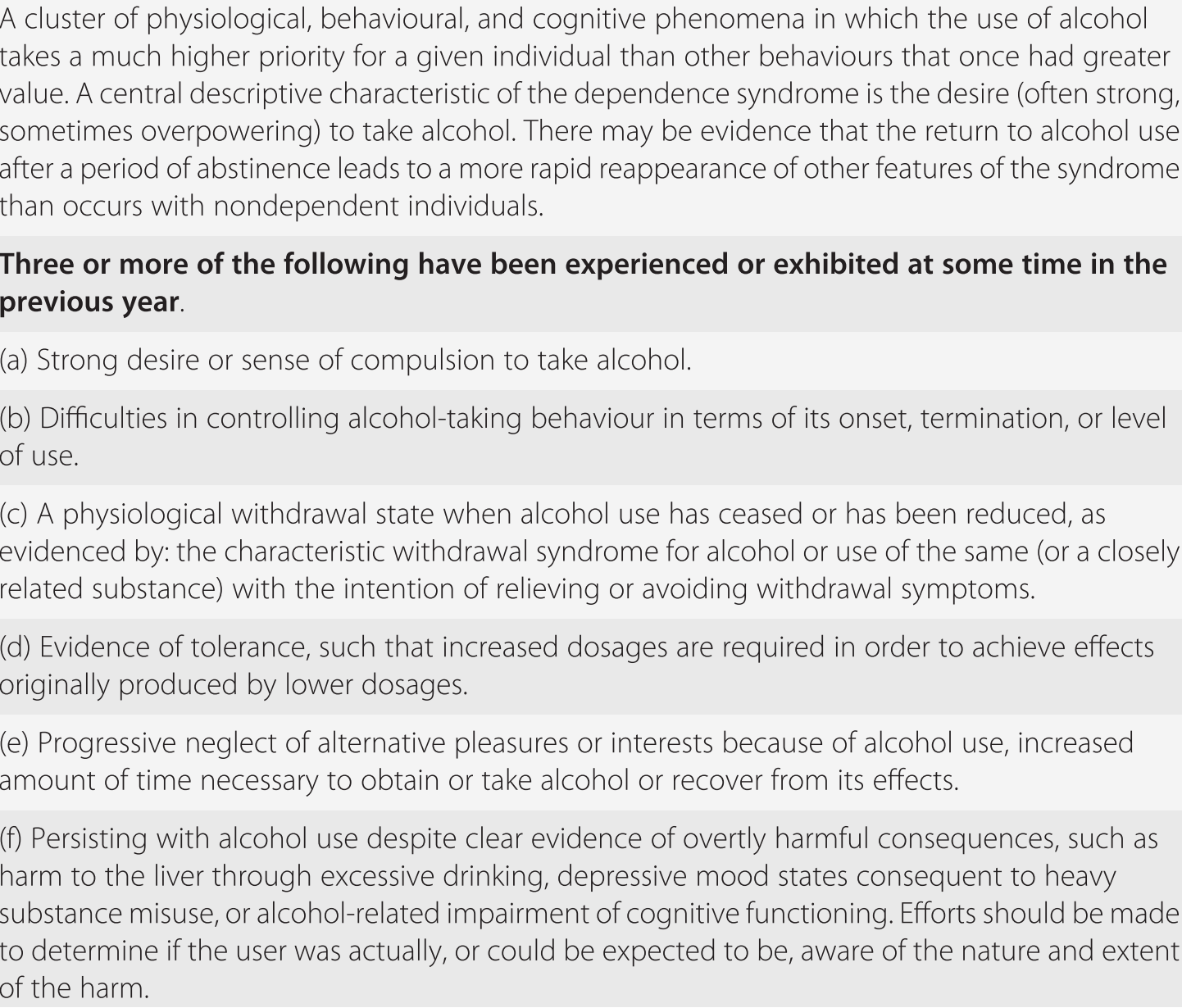 Background To Understanding Part I Edwards Treatment Of
Background To Understanding Part I Edwards Treatment Of
 2015 Icd 10 Cm Diagnosis Codes Related To Speech Language
2015 Icd 10 Cm Diagnosis Codes Related To Speech Language
Icd 10 Mortality Manual 2a 2017
 Lyme Dementia Code Icd 11 Madison Area Lyme Support Group
Lyme Dementia Code Icd 11 Madison Area Lyme Support Group
 University Of North Carolina Wilmington Ppt Download
University Of North Carolina Wilmington Ppt Download
Encephalopathy And Other Brain Diseases
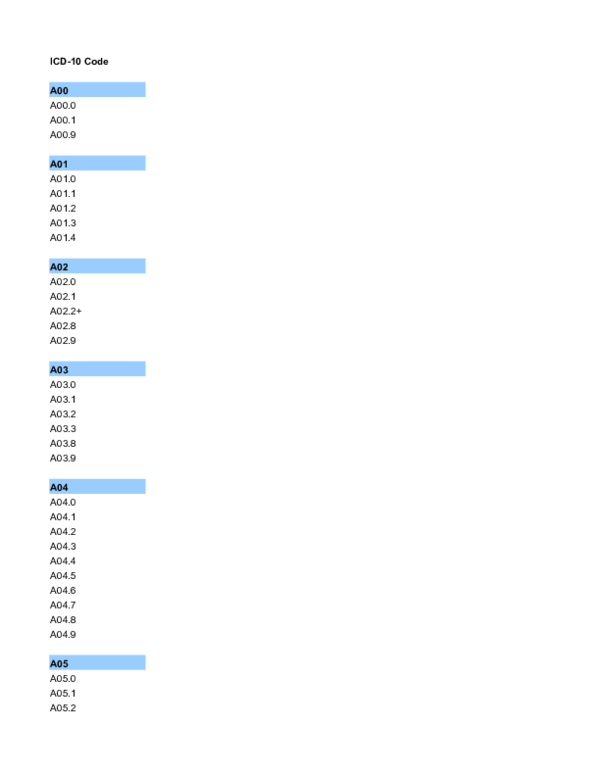 Xls Icd 10 Dan Icd 9 Esgece Mb Academia Edu
Xls Icd 10 Dan Icd 9 Esgece Mb Academia Edu
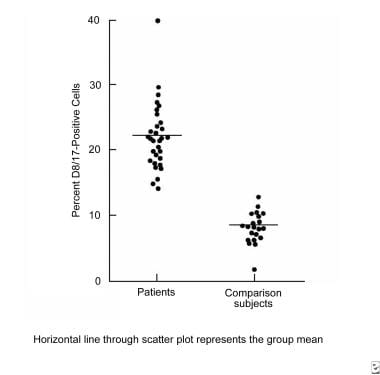 Tourette Syndrome And Other Tic Disorders Practice
Tourette Syndrome And Other Tic Disorders Practice
 High Level Framework For Automating Icd 10 Coding Assignment
High Level Framework For Automating Icd 10 Coding Assignment
 Pdf Prevalence Of Tic Disorders Among Schoolchildren In
Pdf Prevalence Of Tic Disorders Among Schoolchildren In

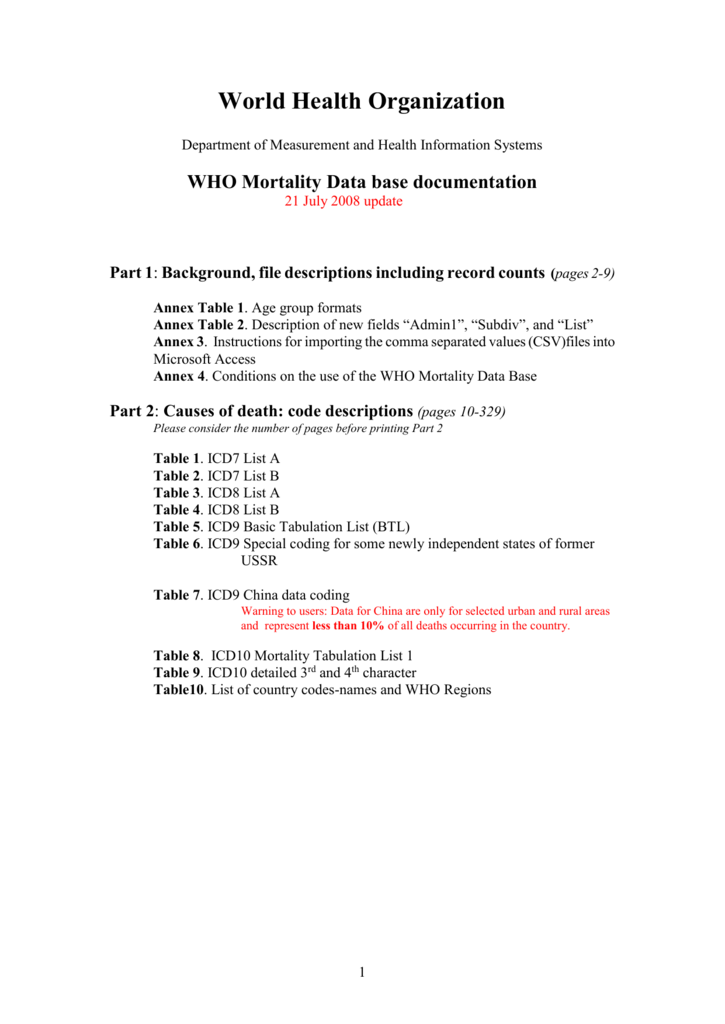

Comments
Post a Comment